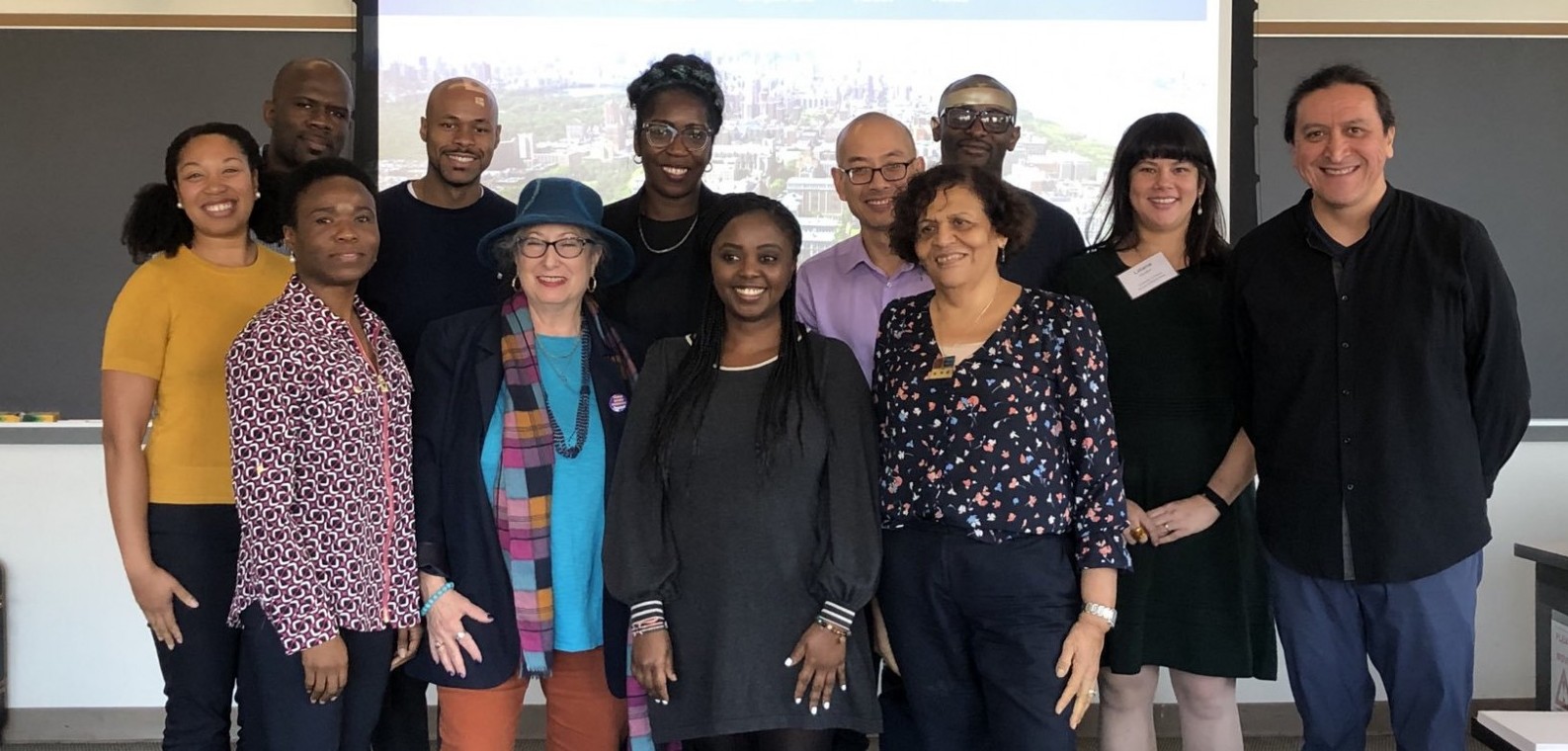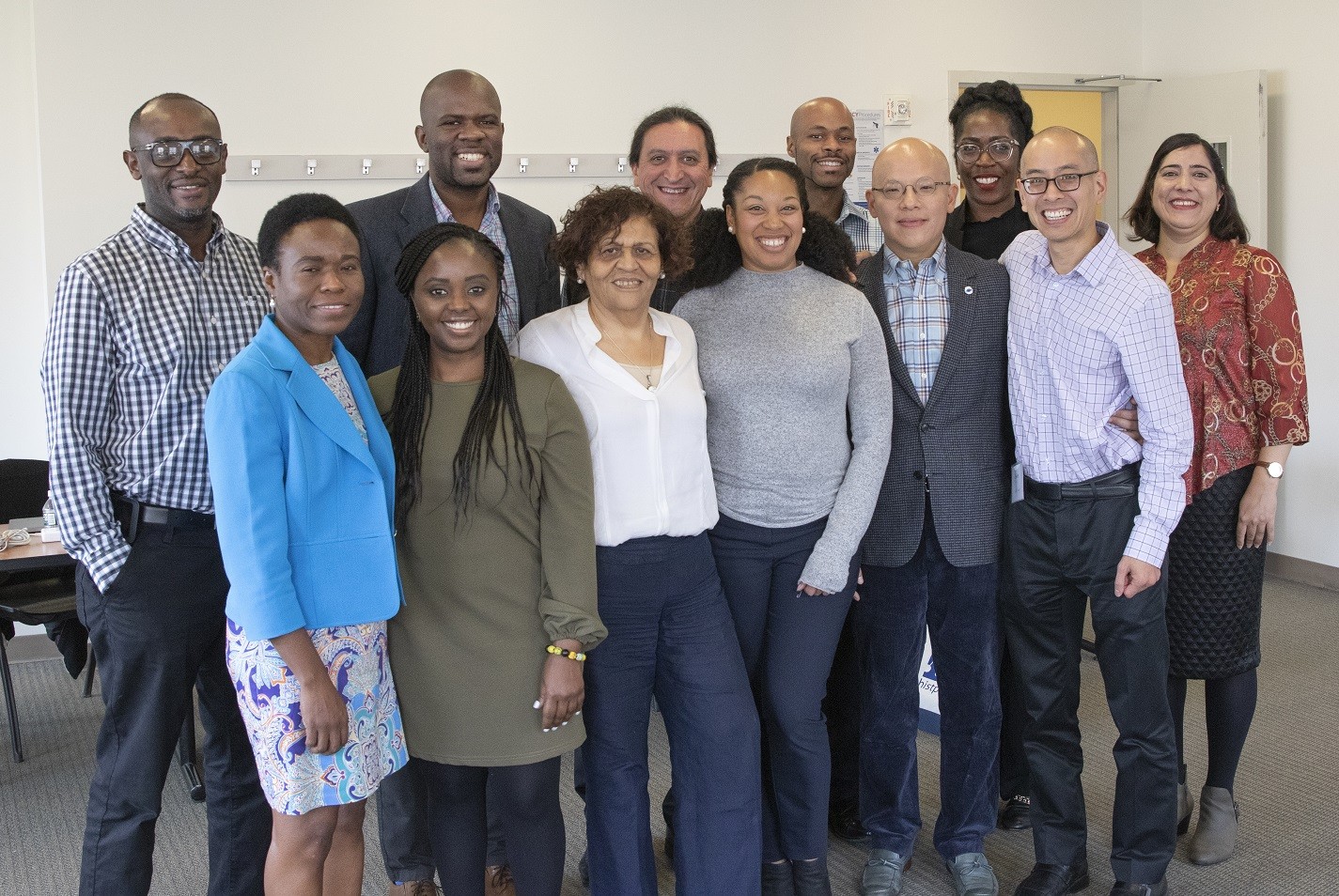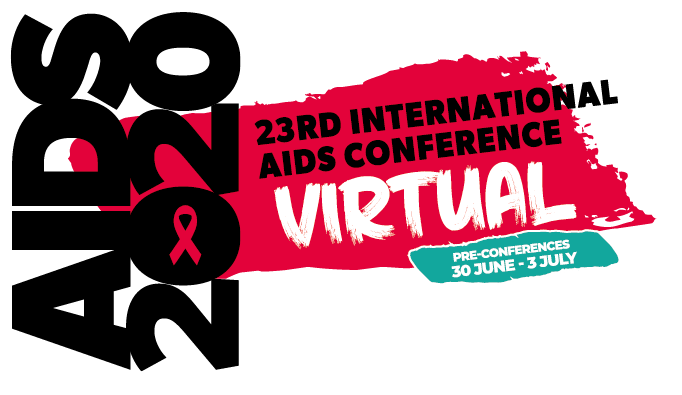Black Researchers Matter: HISTP scholars share their latest HIV research on health disparities, youth, and leveraging technology
HISTP scholars will present HIV research at the #AIDS2020 virtual pre-conference.

The call for diversity within the science, technology, engineering, and math fields (STEM) has never been stronger. On June 10th, STEM scientists organized an academic strike to ask academics to pause their current work and learn about issues Black academics face and “dismantle the racism entrenched in their respective fields.”
Scientists were encouraged, in part, to “make action plans for how they’ll work to change science and academia beyond just a single day’s strike” and “encourage their Black colleagues to use the day to prioritize their needs and find community support.”
Indeed this support is necessary for the advancement of underrepresented scientists, given the grim statistics. Of the nation’s scientific research faculty, only four percent were Black and four percent were Hispanic as of 2015. Though African Americans comprise 13.4 percent of the population, only 1.5 percent are scientists who are also applicants for major National Institutes of Health research grants.

Over 10 years ago, the HIV Intervention Science Training Program for Underrepresented Investigators -- HISTP -- was founded to change statistics like these.
The research training program aims to increase the number of highly trained multidisciplinary HIV scientists from groups underrepresented among NIH Principal Investigators from across the country by providing hands-on mentoring support in crafting NIH-ready grants, peer support in navigating academia as underrepresented scholars, and now, strategies to integrate technology into the HIV continuum of care. Professional development activities also enable scholars to conduct implementation research focused on the criminal justice system.
In an article that appeared about HISTP in The Chronicle of Higher Education, the program was characterized as providing “intense, hands-on, carefully mentored training that demonstrates what a diversity program can do.”

HISTP hosts Institutes twice per year -- now virtually -- to convene scholars and mentors, conduct detailed mock reviews to strengthen NIH grant applications, and to share knowledge and resources. Of the first institute held for the new cohort of scholars, HISTP scholar Dr. Caroline Kingori said, in part,
"I had an enriching time interacting with other colleagues/friends in HISTP. It was good to spend quality time with successful researchers who strive to make a difference in their work and understand the struggles of being a faculty of color."
The International AIDS Conference is the largest gathering on HIV and AIDS in the world.
On June 30th at 9 am, HISTP scholars are hosting a pre-conference symposium at the International AIDS Society annual conference AIDS2020, entitled The Use of Technology for HIV Prevention and Intervention for Youth and Young Adults: Growing the Global Research by Promising Scholars of Color.
This symposium will highlight the work of the HISTP scholars, including innovative HIV studies addressing multi-level aspects of HIV risk, prevention, and implementation science that leverage technology among key populations in Africa and the United States. In addition, symposium moderators will synthesize lessons learned in supporting promising new investigators of color and developing technology-supported intervention and implementation science.
Register to attend (see FAQ on pre-conferences)
The symposium will be convened at 9 am by HISTP co-Director and Columbia University Professor Dr. Nabila El-Bassel, followed by the following presentations:
- The HIV Epidemic Among Youth in the US: Challenges, Gaps, & Potential Intervention Opportunities, presented by Drs. Caroline Kingori and Jaih Craddock
- #AgeMatters: Leveraging Technology to Improve HIV Care Continuum Outcomes Among Youth in Sub-Saharan Africa, presented by Drs. Aimalohi Ahonkhai, Peter Memiah, and Donaldson Conserve
- Virtual Spaces Matter: Addressing Socioecological Drivers of Sexual/Health Disparities through Measurement and Intervention, presented by Drs. Melonie Walcott and Ryan Wade
- #BlackResearchersMatter: Perspectives on Technology for HIV Prevention and Intervention for Youth & Young Adults, moderated by HISTP co-Director Dr. Elwin Wu with panelists Drs. Caroline Kingori, Jaih Craddock, Aimalohi Ahonkhai, Peter Memiah, Donaldson Conserve, Melonie Walcott, and Ryan Wade
- Q&A, moderated Dr. Elwin Wu, and closing remarks by Dr. Wu and Dr. Omar Martinez
Applications for the HISTP program are now being accepted!
Interested in becoming an HISTP scholar or know someone who might be? HISTP is seeking eight underrepresented scholars for its next cohort running from 2023 - 2027. Learn more and share widely with interested colleagues.


